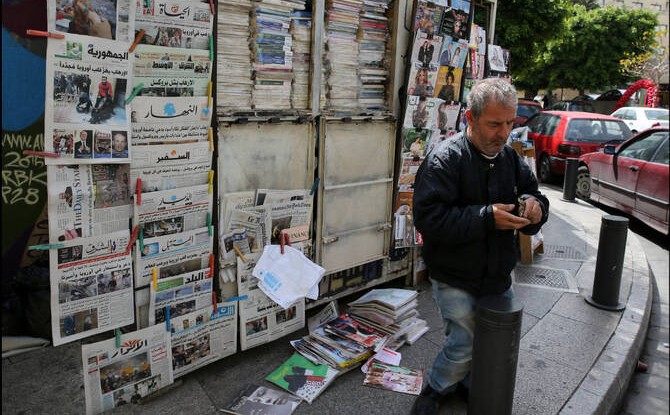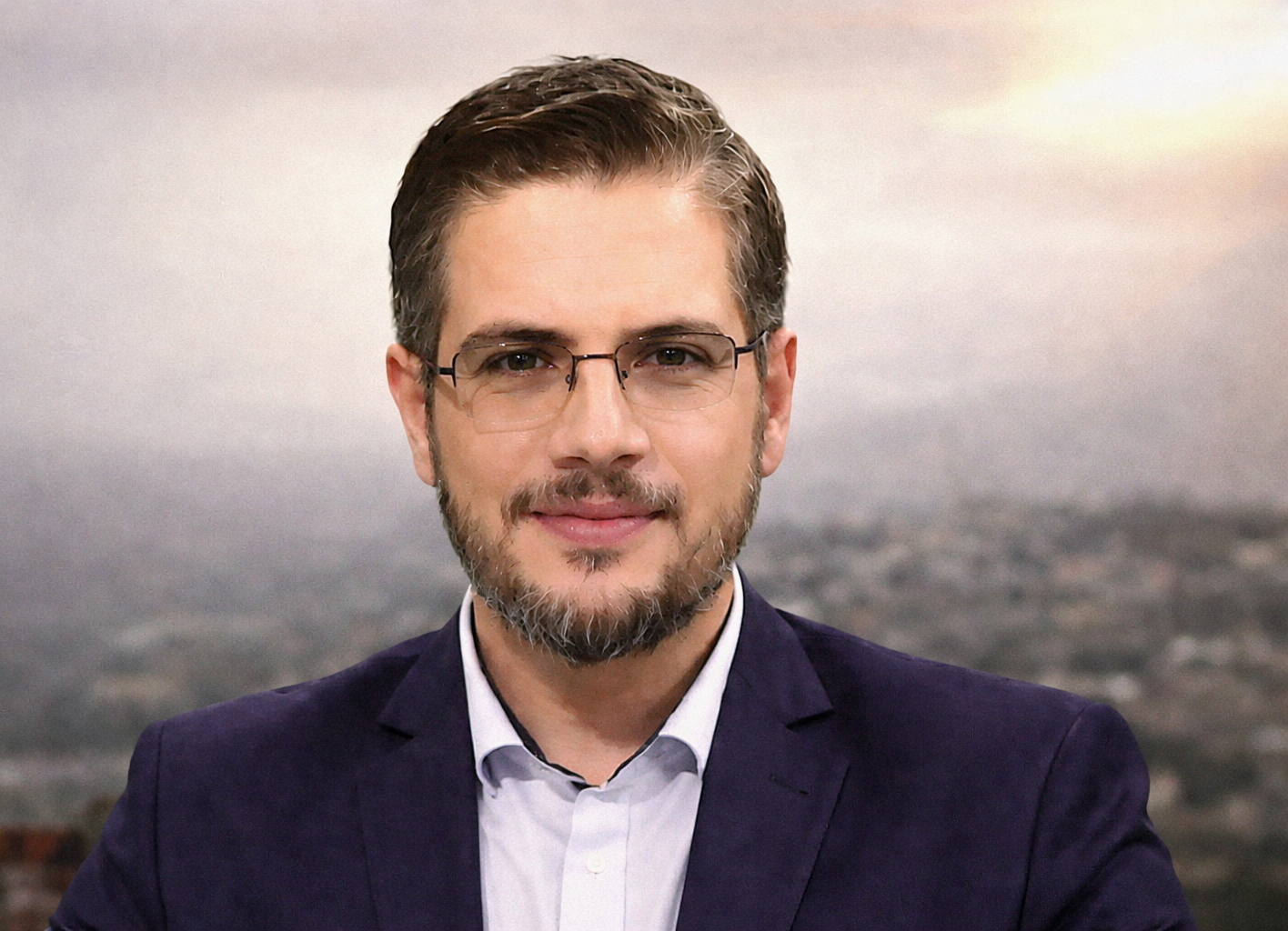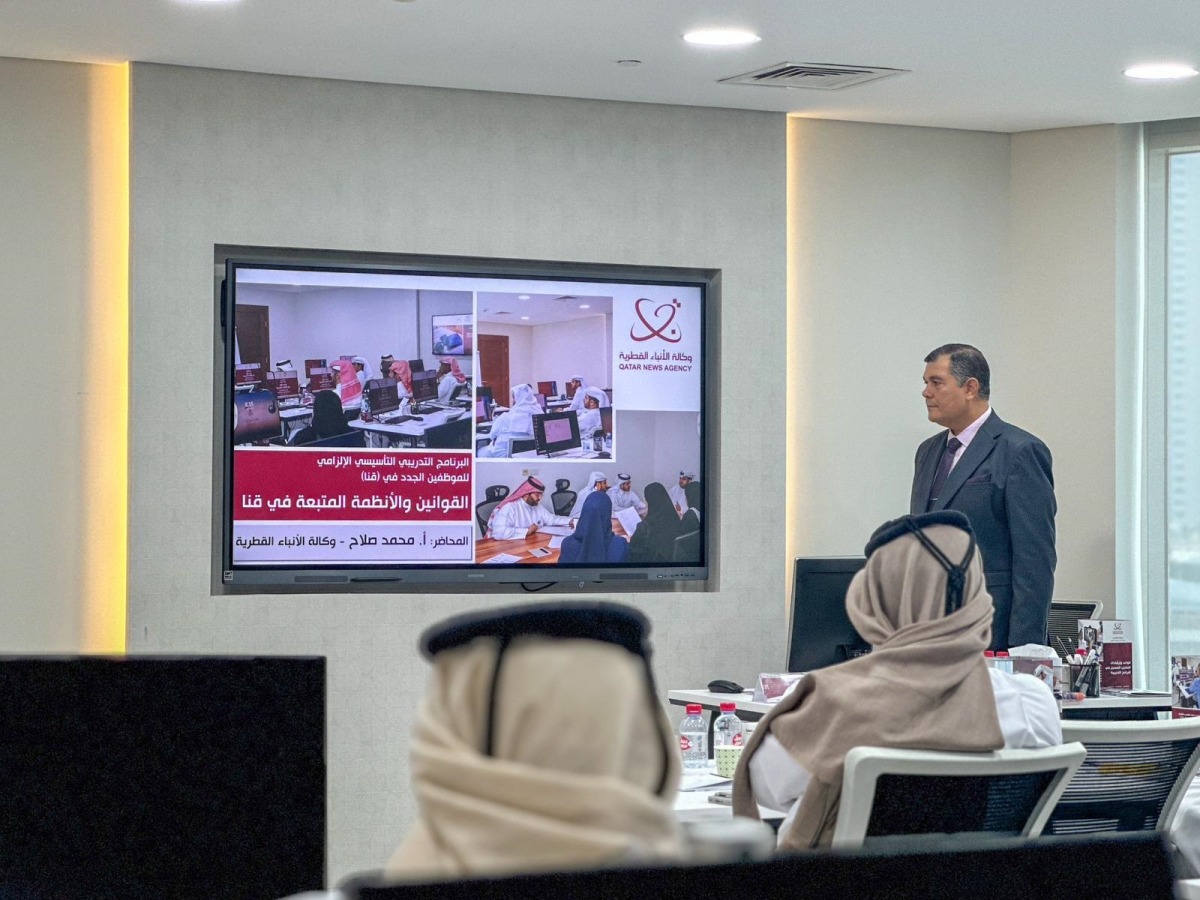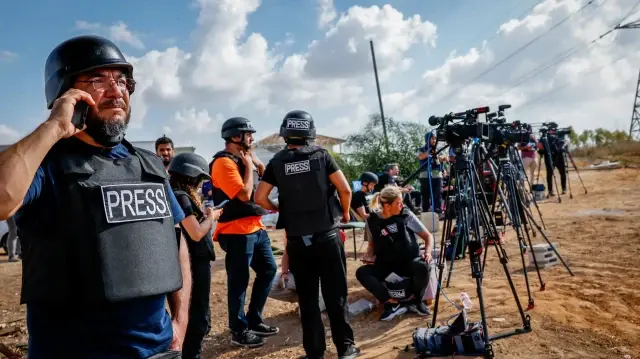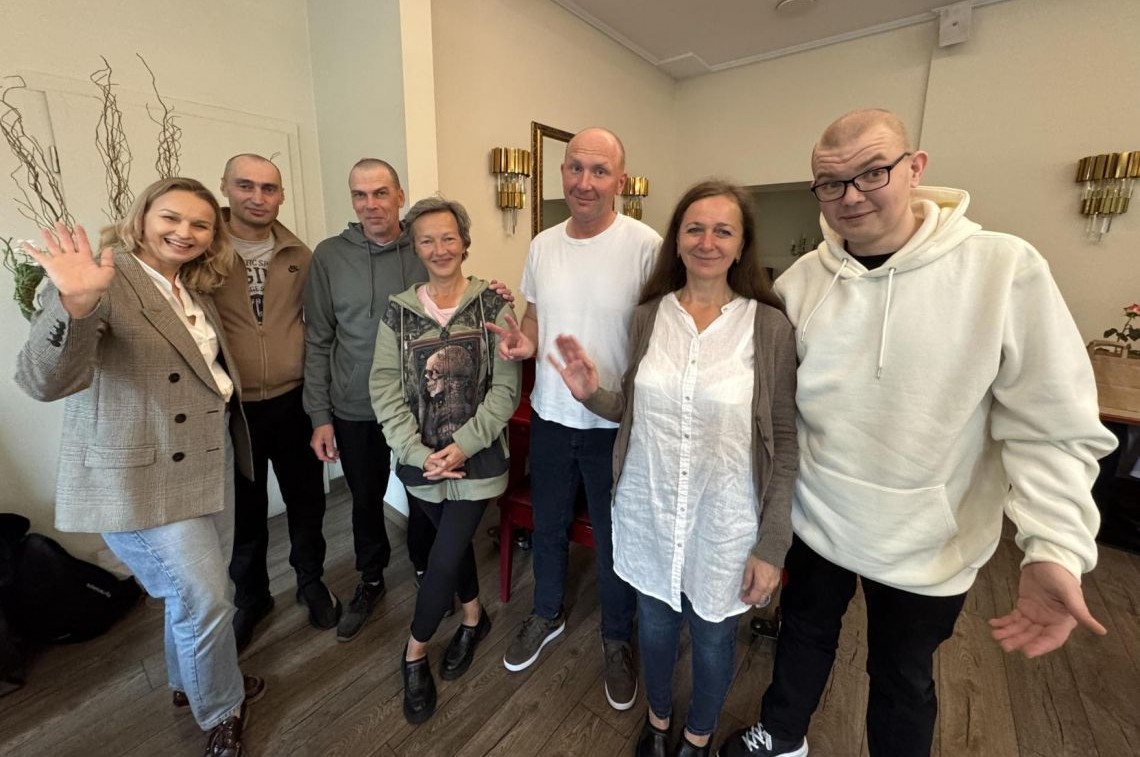
Editor-in-Chief of Belsat TV Thanks U.S., Polish, and Lithuanian Leaders for Release of Imprisoned Journalists
September 16, 2025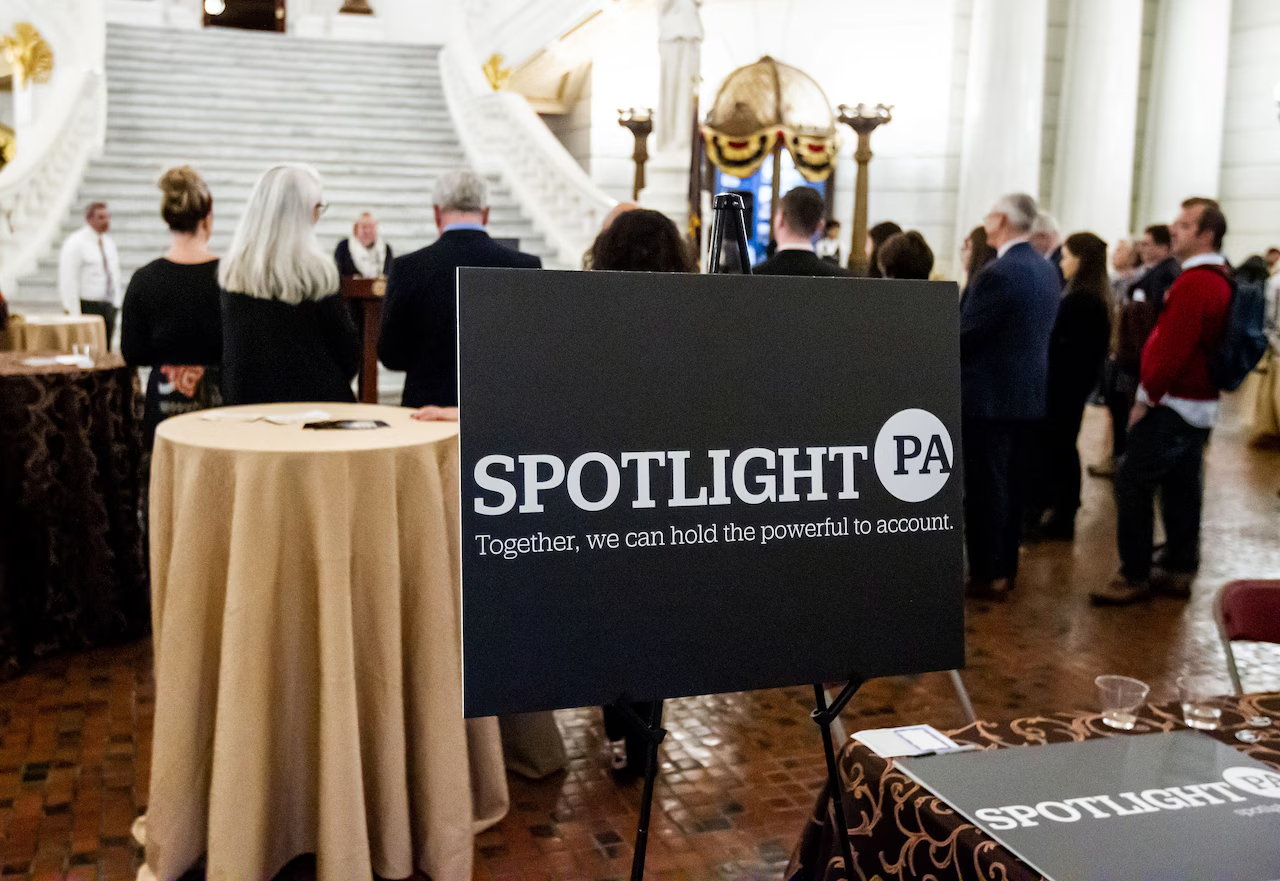
A Pivotal Moment for Free and Independent Journalism in PA
September 16, 2025September 16, 2025 – Lebanon –
Lebanese and international rights organisations are urging Lebanon’s parliament to ensure that a draft media law being debated preserves, rather than erodes, freedom of expression. The discussions, held by the parliamentary Administration and Justice Committee, involve amendments that rights groups say risk undermining key protections for journalists, public critics, and media outlets.
Currently, fourteen groups including Amnesty International, Human Rights Watch, Reporters Without Borders, and the Committee to Protect Journalists have submitted a joint appeal to lawmakers. They demand that the draft law decriminalize defamation, blasphemy, insult, and criticism of public officials, eliminate pretrial detention in speech-related cases, and remove excessively burdensome restrictions on setting up media outlets.
Their concern arises from proposed amendments submitted on August 31, which, critics say, reintroduce pretrial detention and expand the scope of criminal penalties for speech that allegedly infringes on “individuals’ dignity or private lives.” These changes, they warn, may revive legal tools that have long been used to silence dissent.
Under the draft law submitted in May 2025, legislators had initially included important reforms: abolishing prison sentences for speech-related violations; repealing criminal defamation, insult, and related provisions in the penal and military codes; and shielding media outlets from excessive licensing or notification burdens.
The rights groups are also calling for more transparency: committee discussions are confined under procedural secrecy rules unless otherwise decided. They assert that the public and media professionals have a stake in how reforms are debated and want open deliberations.
If adopted in their more restrictive forms, the amendments could provoke self-censorship, legal harassment, and a chilling effect on journalism. Rights defenders argue that vague legal terms and broad criminal liabilities create space for abuse by authorities.
As of this writing, the Committee is set to resume its session on 16 September 2025, during which the fate of these amendments may become clearer.
References –

